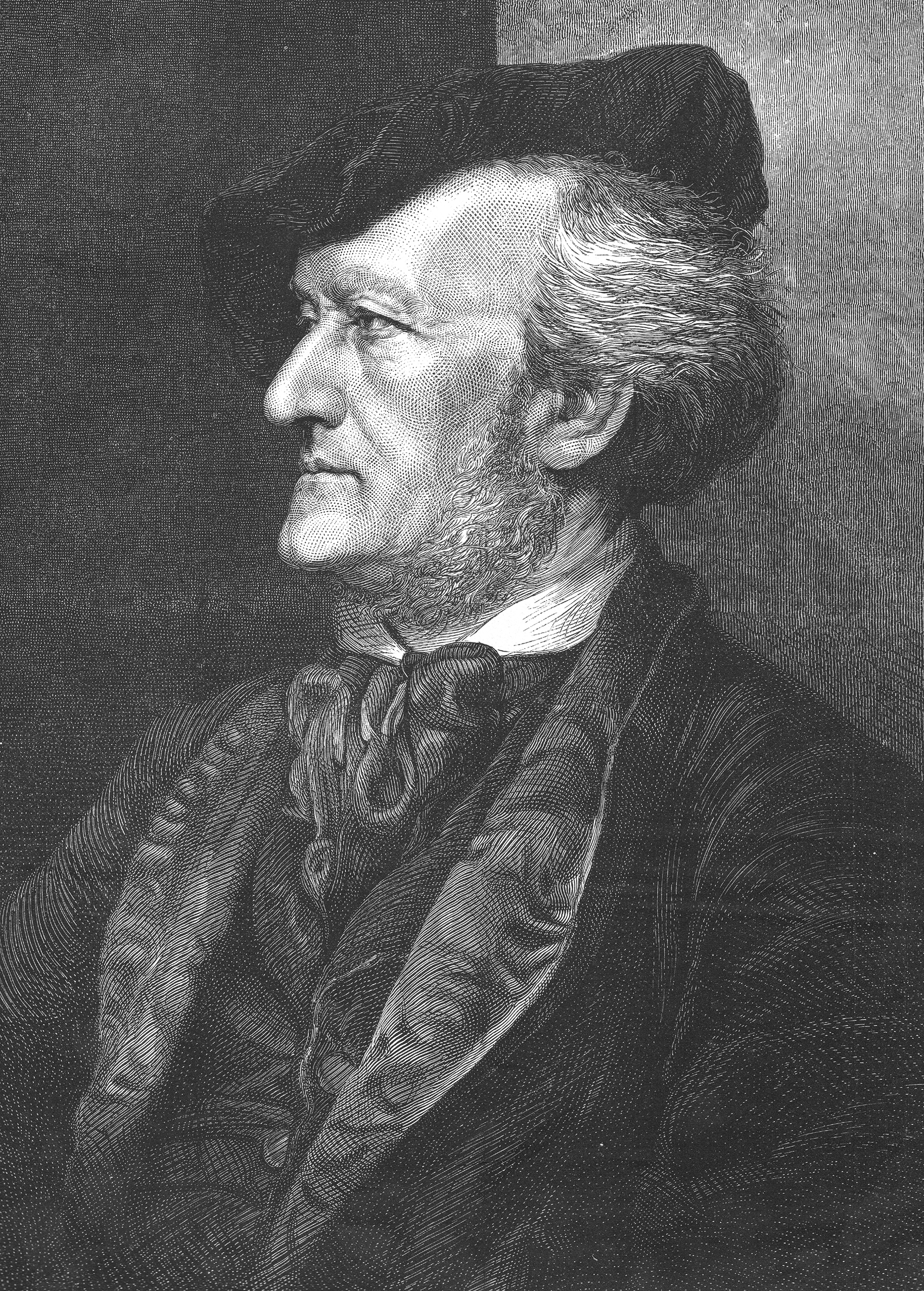Parsifal is an opera by the German composer Richard Wagner. He also wrote the libretto (text). The opera is primarily based on Parzival (early 1200’s), an epic poem by the German poet Wolfram von Eschenbach. The opera was first performed on July 26, 1882, in Bayreuth, Germany.

Parsifal was Wagner’s final opera. It has a deeply spiritual quality and explores Christian themes. Parsifal features some of Wagner’s most powerful music, especially the overture and music commemorating Good Friday, the day that Jesus Christ was crucified.
The story centers on the Holy Grail, the cup or dish Jesus used at the Last Supper on the night before he died. The action takes place in or near the Castle of the Holy Grail in Spain in the Middle Ages. The Middle Ages are the period in European history from about the 400’s through the 1400’s. Knights of the Holy Grail guard the castle, where the Grail is kept. Klingsor, an evil magician, seeks vengeance against the knights of the Grail because they refused to allow him to join them. He is aided by Kundry, a woman condemned to wander the earth forever because she laughed at Jesus during his Crucifixion.
Klingsor has wounded Amfortas, the keeper of the Grail, with the sacred spear used to wound Jesus on the cross. Amfortas has a vision of a holy face saying that “only a pure fool made wise through pity” can heal the wound in his side with a touch from the spear. Parsifal is the innocent young man of Amfortas’s vision.
Parsifal visits the Grail castle but fails to understand the ceremonies there. He is lured to Klingsor’s realm, where Klingsor attempts to kill him with the sacred spear. Parsifal catches the spear in midair, and Klingsor and his realm are destroyed. Parsifal then cures Amfortas with a touch from the spear. The deed releases Kundry from her curse, and she falls lifeless to the ground. Parsifal becomes the keeper of the Grail as the opera ends.
See also Holy Grail ; Wagner, Richard ; Wolfram von Eschenbach .
